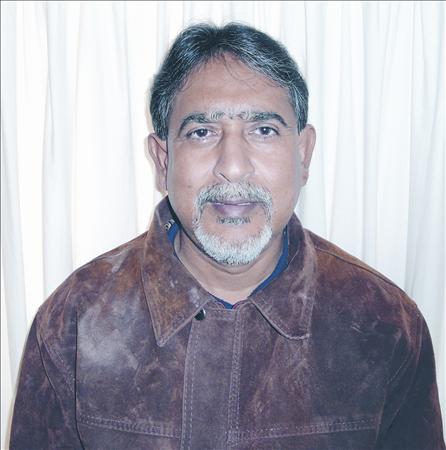Ramayan Mandalis and Hindu Temples in New Zealand and other parts of the world marked the Birth of Lord Rama with festivities from April 4 to 12. The nine-day festival saw devotees singing in praise of Lord Ram, an Avatar of Lord Vishnu.
Ramayan is an Indian epic, written several thousand years ago. It tells the story of a righteous son, brother, husband, friend and a king who showed the world the virtuous and moral path.
The issue here is not the story of Ramayan but its relevance and message, particularly that of Hinduism in tackling the issues that affect the migrant Indian communities settled in New Zealand and other countries.
When we migrate, our environment and situations change, but it appears those running religious groups or temples do not adapt to change.
In fact, some become more fundamentalists.
According to the latest statistics, the number of people of Indian origin was about 110,000, accounting for about 2.5% of the total population.
Crime against women
However, over some months, our mainstream media was full of news of crime committed by our people. These included an Indo-Fijian burnt to death, two Indians convicted for shooting a policeman, and Indian boarder killing the host’s wife and baby daughter and an Indian slitting the throat of a woman over a property dispute.
Statistics show that we have proportionately large number of our males involved in family violence. I am personally aware of some cases.
In the meantime, pundits keep on performing Pooja and accumulating their dues; we keep on getting tantric babes and sanseis from India visiting our shores and giving religious discourses.
We also have multitudes of Ramayan Mandalis and other religious organisations and Temples engrossed in religious rituals.
However, none is willing to acknowledge that such problems exist in our community and prepared to do anything about this community vice.
The tragedy in all these is that more often than not, the perpetrators and victims are Hindus, who worship Goddesses every day. Many of them also have a combination of male and female names such as Sita Ram, Radhe Shyam, Lakshmi Narayan, Gouri Shankar and so on.
However, in real life, these Goddesses are abused, beaten up in their homes, traded in the marriage market place or abhorred when they are widowed.
A timely Conference
Who said civilisation began in India? Isn’t it true that had it not been for the British, we would still be burning our widowed mothers on the pyre of their husbands?
In light of such failures of the community-based organisations to tackle this vice in our community, the Hindu Council of New Zealand, with Hindu Organisations, Temples and Associations (HOTA) Forum organised a conference to address these and other issues affecting the migrant communities, especially people of Indian origin and in particular, the Hindus.
The conference, held in Auckland, was attended by a large number of concerned groups within the Hindu community.
It discussed the challenges facing the Hindu Dharma and temples in New Zealand, social issues concerning the Hindu society, promotion of yoga and meditation and engaging the youth in community issues.
The conference agreed that Hindu organisations and temples should be closely involved with the community in social and family issues.
Broader vision
Currently such organisations are engaged deeply in religious issues but fail to address community-related challenges.
Temples and organisations like Sanatan, Mandalis and Brahman Sabhas, must broaden their vision from spiritual to social and community needs in countries to which our people have migrated.
Hindus have only themselves to blame if they see their lot converting to other religions, which are better geared to provide spiritual as well as community and social support.
Collectively Hindu Temples and Mandalis may have accumulated hundreds of thousands of dollars, yet hardly much is put back for any community-based support for those seeking assistance.
How many of our pundits and priests are prepared to go to hospitals to pray for the sick or to prisons to preach to our people who have gone astray? Are they prepared to provide any community services without a charge? Are they geared for community service and wellbeing of the community without demanding payment for the services they render?
The conference agreed on the need for greater collaboration between the Temples.
While this looks like an uphill journey, it is not impossible.
Hinduism is not a display of rituals but a way of life. We must examine how effective we have been as recently migrated communities in emulating the way of life and walking the talk on the message Lord Ram.
I have no answers but hope that there would at least be further discussion.
Thakur Ranjit Singh is a media commentator and a community worker. He is a Trustee of the New Zealand Sanatan, and heads the Sanatan Media Watch, which is a watchdog on misrepresentation of Hinduism. E-mail: thakurji@xtra.co.nz






